The Farmhouse Files: Unraveling Islamabad's Disturbing Illicit Meat Network
Islamabad's illicit meat raid reveals a disturbing global network. Dive into its economic roots, public health risks, and challenges for food safety oversight.
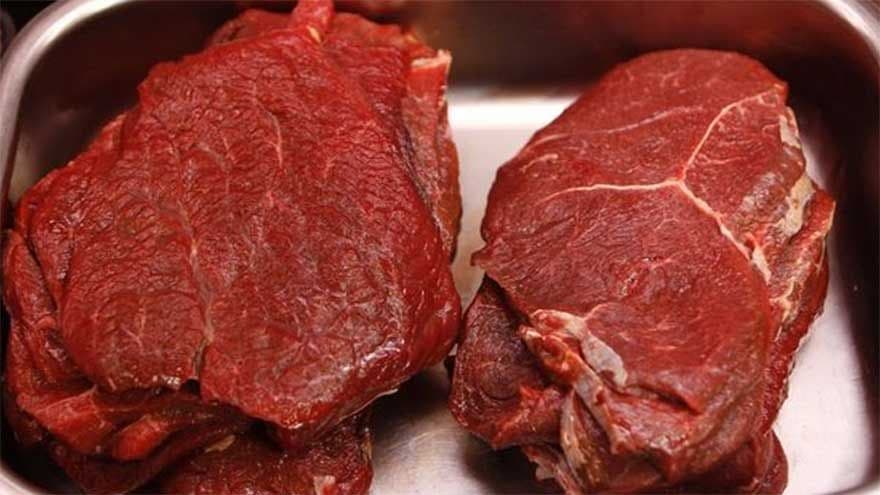
The Tarnol Takedown: A Shocking Discovery
The quiet expanse of Tarnol, on the outskirts of Islamabad, was abruptly disturbed by a revelation that sent shivers down the spine of consumers: a major illicit meat operation. Authorities, spearheaded by the and supported by local police and district administration, executed a raid on a farmhouse that was anything but a typical agricultural setup. Inside, they unearthed a disturbing scene – approximately 25 maunds, or over 900 kilograms, of meat suspected to be from donkeys, alongside a grim discovery of around 60 live donkeys. The sheer scale of the operation immediately signaled something far more sinister than a small-time local scam. The seized meat was promptly destroyed, a stark symbol of the health risks it posed. Adding another layer of intrigue, a foreign national, believed to be a Chinese individual, was apprehended at the site, hinting at an organized network. Initial findings suggested this wasn't merely about duping local buyers; the processed meat was allegedly destined for both domestic markets and, more alarmingly, international export. This raid wasn't just a headline; it was a jarring exposé of a clandestine trade thriving in the shadows.
Beyond Local Plates: Tracing the Global Threads of Illicit Meat
What began as a local raid in Tarnol quickly unfurled into a narrative with suspected international implications, transforming a domestic food safety concern into a complex global puzzle. The revelation that the donkey meat was allegedly intended for export abroad, beyond just Islamabad's local eateries, pushes this incident into the murky waters of transnational illicit trade. , Deputy Director of the Islamabad Food Authority, confirmed suspicions of an export-oriented operation, signaling a sophisticated supply chain that transcends national borders. Investigators are now grappling with the formidable task of tracing this intricate distribution network, identifying not only the local middlemen but also the international buyers who fuel such illicit enterprises. The presence and alleged oversight of a Chinese national for an extended period in Tarnol further underscore the potential for cross-border collaboration and demand. This raises critical questions about how such products are smuggled, what specific markets they target, and the loopholes in global food security frameworks that enable such disturbing trade to flourish unchecked. It's a stark reminder that food crime, much like other illicit trades, often operates without respect for geographical boundaries.
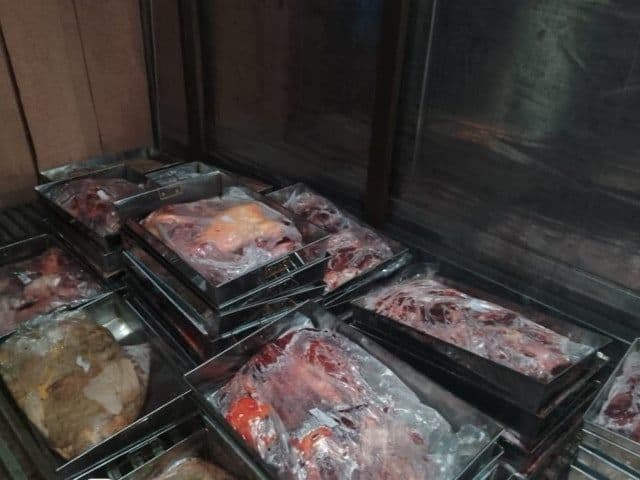
The Dark Economics: Why Donkey Meat and Who Profits?
The question naturally arises: why donkeys, and who stands to gain from such a morally and legally dubious trade? The economics behind illicit meat operations are often driven by a cynical calculus of cost versus profit, exploiting vulnerabilities in both supply and demand. Donkey meat, being significantly cheaper to acquire than regulated livestock like beef or mutton, presents a lucrative opportunity for criminal enterprises to maximize their margins. The relative ease of obtaining donkeys, often through theft or unregulated channels, further reduces overheads for these illicit butchers. The potential for mislabeling – passing off donkey meat as a more expensive, legitimate alternative – allows for inflated prices and massive profits, often at the expense of unsuspecting consumers. While the immediate arrest points to a foreign national, it's clear that such an extensive operation, involving large quantities of meat and live animals, demands a network of collaborators. This includes local facilitators, transporters, and distributors, all benefiting from the clandestine nature of the business. The unauthorized use of a farmhouse as a processing hub highlights the deliberate circumvention of health and safety regulations, further cutting costs and boosting illicit gains. This entire ecosystem thrives on secrecy and deception, preying on the public's trust and the limitations of regulatory oversight.
Safeguarding the Plate: Challenges in Food Regulation and Public Trust
This shocking discovery in Tarnol throws into sharp relief the persistent challenges faced by food regulatory bodies in safeguarding public health and maintaining consumer trust. 's firm stance on a “zero-tolerance policy” against those who endanger public health underscores the gravity of the situation. However, the very existence of such an elaborate, unauthorized operation, seemingly active for an extended period, reveals the persistent gaps in surveillance and enforcement. The sheer volume of illicit meat and the number of live donkeys seized highlight the scale at which these 'mafias' operate, often evading detection by exploiting the vastness and complexity of the food supply chain. Restoring and maintaining public trust, once shattered by incidents like this, becomes an uphill battle. Consumers rightly expect their food to be safe and wholesome, and the thought of unwittingly consuming illegal, unhygienic meat is deeply unsettling. The incident also emphasizes the need for continuous vigilance, robust inspection mechanisms, and severe penalties to deter such criminal activities. It’s a constant battle to stay ahead of those who prioritize illicit profit over public well-being, demanding an adaptive and proactive regulatory approach to ensure the integrity of the food we eat.
A Call to Vigilance: Protecting Consumers in an Unseen Market
The Islamabad donkey meat raid serves as a potent reminder that the fight against illicit food trade is an ongoing, collective endeavor. Protecting consumers in an often 'unseen market' requires a multi-pronged approach, encompassing stringent enforcement, public awareness, and international cooperation. While authorities like the are committed to providing safe and hygienic foods, their efforts alone are insufficient without active public participation. 's call for citizens to report suspicious activities or low-quality meat empowers the community to become the eyes and ears on the ground, crucial for dismantling such hidden operations. Furthermore, given the suspected international dimensions of this particular network, cross-border intelligence sharing and collaborative efforts become indispensable to trace the full extent of the supply chain and identify all involved buyers. This incident should catalyze discussions around strengthening food safety laws, increasing resources for regulatory bodies, and adopting advanced forensic techniques to identify and prosecute those who compromise public health for profit. Ultimately, ensuring the integrity of our food supply demands unwavering vigilance from authorities, robust legal frameworks, and an informed, engaged citizenry, all working in concert to safeguard the plate from the shadows of illicit trade.
Related Articles
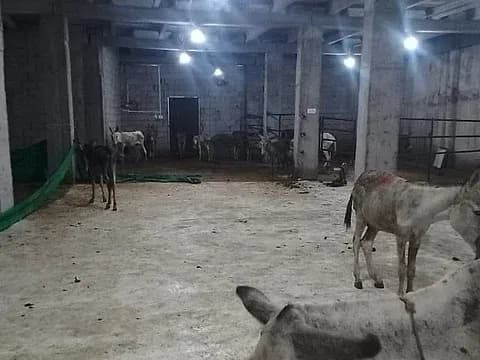
Pakistan's Paradoxical Plate: When Global Demand Meets Local Deception

Pakistan's Paradoxical Plate: When Global Demand Meets Local Deception

The Silent Watchdogs: Unearthing the Hidden Dangers in Our Food Chain

The Silent Watchdogs: Unearthing the Hidden Dangers in Our Food Chain
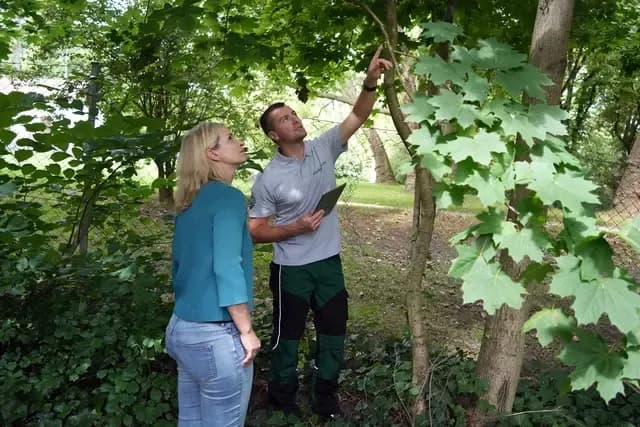
Beyond the Kitchen Door: Unveiling the Critical Role of Food Safety Enforcers

Beyond the Kitchen Door: Unveiling the Critical Role of Food Safety Enforcers
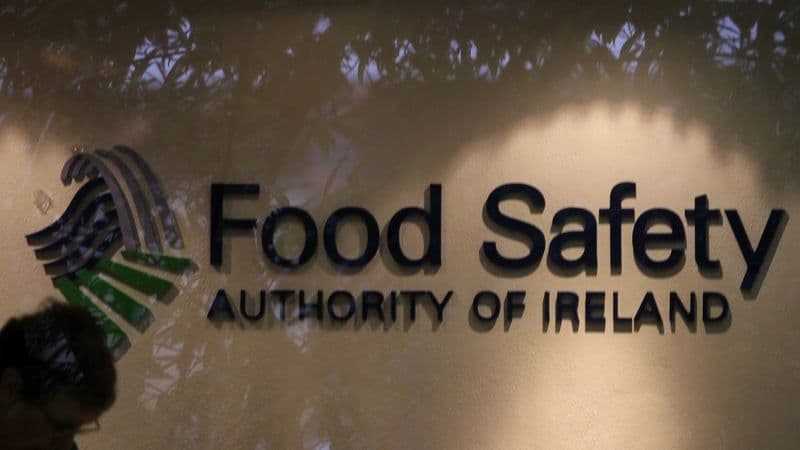
The Unseen Threat in Your Supper: Unpacking Ireland's Ready Meal Crisis
